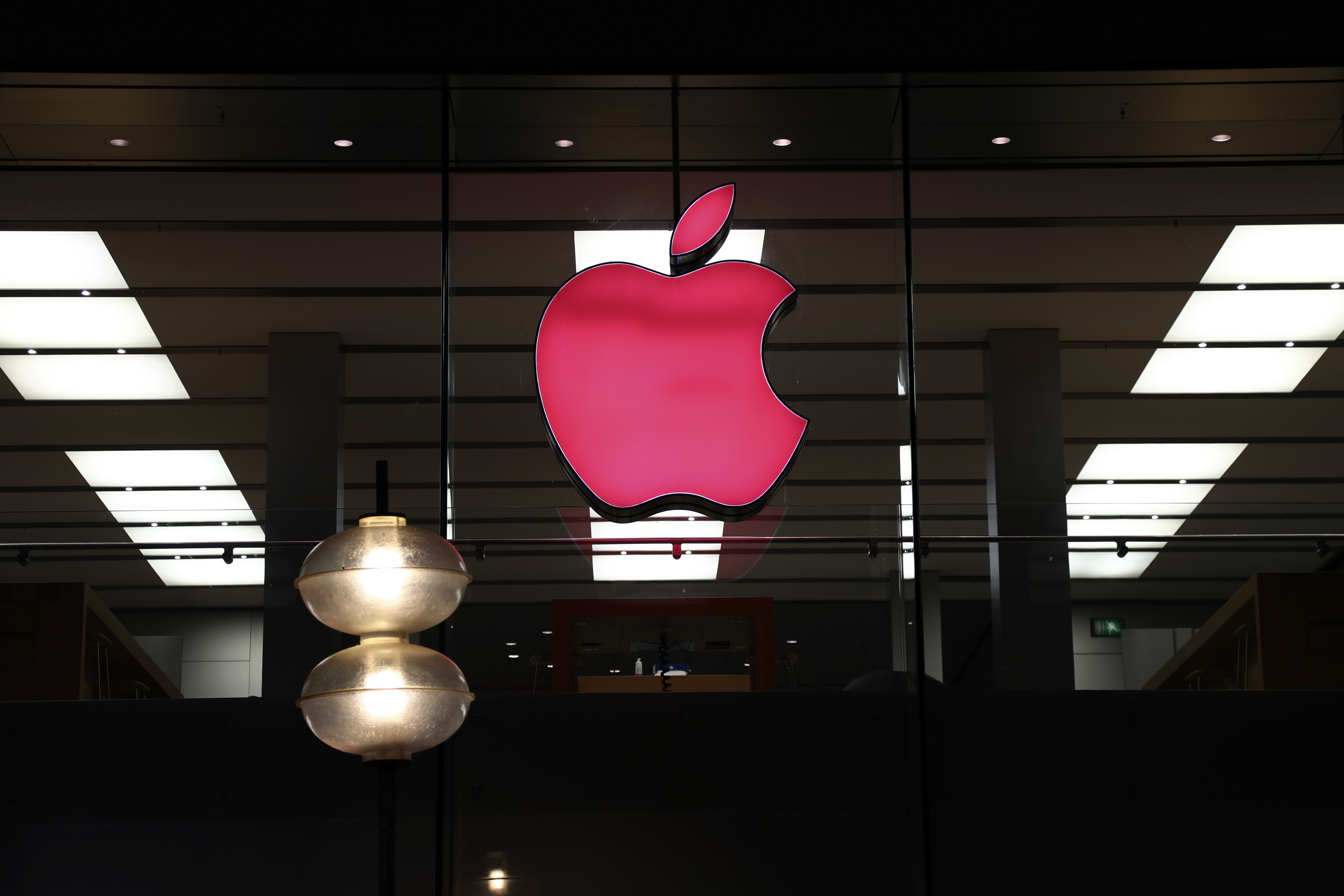In January, Brazilian President Dilma Rousseff attended the World Economic Forum in Davos for the first time in her three-year presidency. The foreign and trade policy platform of her Workers' Party (PT) has been premised on a declining West, a transformed international order favoring emerging economies, and skepticism of free trade and open markets. But Rousseff is feeling intense pressure from her people to deliver better government services and economic prospects, as evidenced by massive street protests last June.
Rousseff's visit to Davos came as the EU and Mercosur prepare to exchange proposals in newly revived free trade negotiations. She is also heading to Brussels on February 24 for a summit with EU leaders, where they are expected to discuss the negotiations and to sign a bilateral air travel pact that will increase passenger volumes between Brazil and Europe.
After a spate of economic growth that peaked in 2010 at 7.5 percent, Brazil's economy slowed to 2.7 percent in 2011 and 1 percent in 2012. The growth rate for 2013 is expected to be about 2.5 percent. These disappointing numbers can be attributed partly to the drop in global commodity prices, but also to Brazil's protectionist policies, poor infrastructure, unwieldy bureaucratic red tape, and its statist approach to investment. The Brazilian economy has not proven nimble enough to adjust to changing global realities, especially as investment flows back to the United States. Rousseff may have had little choice but to reassure business leaders at Davos that Brazil is committed to fiscal responsibility, openness to investment, combating inflation, and maintaining a floating currency.
Many political and business leaders in Brazil had assumed that their internal market is large enough to allow for a degree of protectionism while maintaining growth. But that feeling is quickly changing. Mired in an increasingly dysfunctional Mercosur trade bloc, and concerned about being left out of global value chains, powerful Brazilian interests are making their voices heard. In November, Robson Andrade, president of Brazil's National Confederation of Industry (CNI), called for a free trade agreement with the United States, which is significant due to historic frictions and ongoing trade disputes between the United States and Brazil. The Federation of Industries of the State of São Paulo (FIESP) has also reoriented itself to a more free-trade posture, calling for FTAs with the EU and United States. Though some Brazilian industries - such as automotive manufacturers - continue to support protectionist measures, Brazil's private sector is increasingly pushing for a more open economy.
Academics, such as trade economist Vera Thorstensen, are also making the case for a more open economic system. After simulating the effects on Brazil of a Transatlantic Trade and Investment Partnership (TTIP) between the United States and EU, Thorstensen says that Brazil would be significantly disadvantaged from such an agreement, arguing that Brazil "cannot remain outside the negotiations of the mega agreements" (TTIP and the Trans-Pacific Partnership).
As investment shifts away from Brazil and cheap Chinese goods flood the market, many Brazilians are realizing that it is easier to encourage development by creating attractive conditions that offer a reasonable return for bearing risk, rather than via government fiat. The alternative is that some investors simply walk way. For instance, in October, the government auctioned off the rights to develop the offshore Libra oil field, the largest deposit in the country. Many multinational corporations such as ExxonMobil, Chevron, and BP did not participate because government rules, restrictions, and uncertainty made the venture unappealing. In the end, the winning bid by a five-company consortium was the only bid. This is just one example of Custo Brasil, a common term that refers to Brazil's difficult business climate.
In a November poll, two-thirds of Brazilians said they want changes in their government, a statistic that former President Fernando Henrique Cardoso noted in a recent article in O Globo newspaper. In his critique of the PT's economic policies, Cardoso makes the case for boosting Brazil's productivity and highlighted the need to "open the economy more, without fearing competition."
Custo Brasil is nothing new, but what may be changing is the determination to address it. Twenty years of economic stability and growth have lifted millions of Brazilians out of poverty, in part thanks to programs such as Bolsa Família, a massive social welfare initiative involving conditional cash transfers. However, new global trade and energy dynamics are making it harder for Brazil to compete and grow with its current economic model. Free trade agreements with the EU and United States would provide greater access to enormous markets as well as a strong impetus to address some of Brazil's structural issues highlighted by Cardoso. If Rousseff does change course, she will face resistance from within her party and from protected or inefficient sectors. But as she watches low growth and inflation eat away at Brazil's social gains, she may decide that it is worth it.











